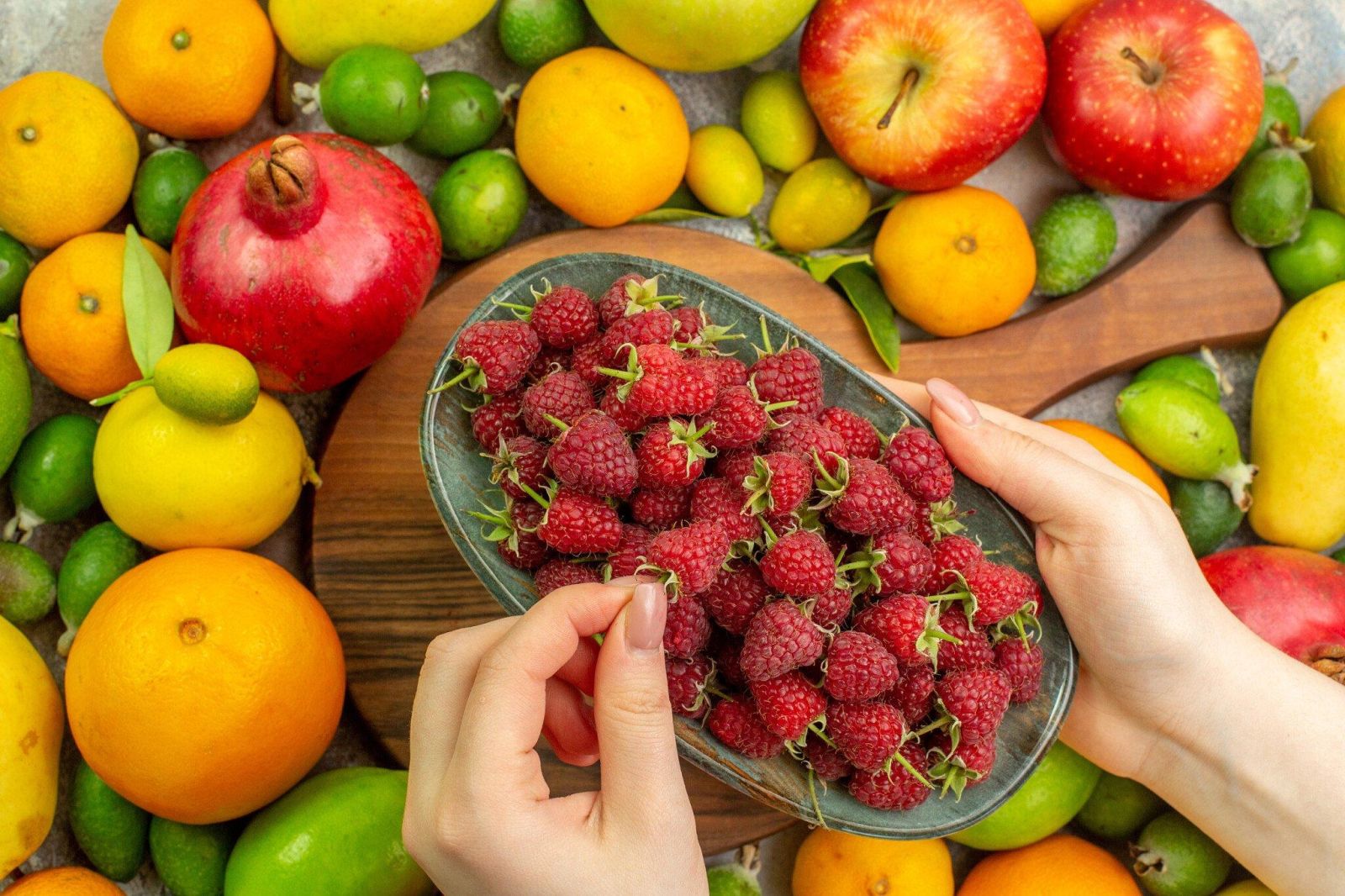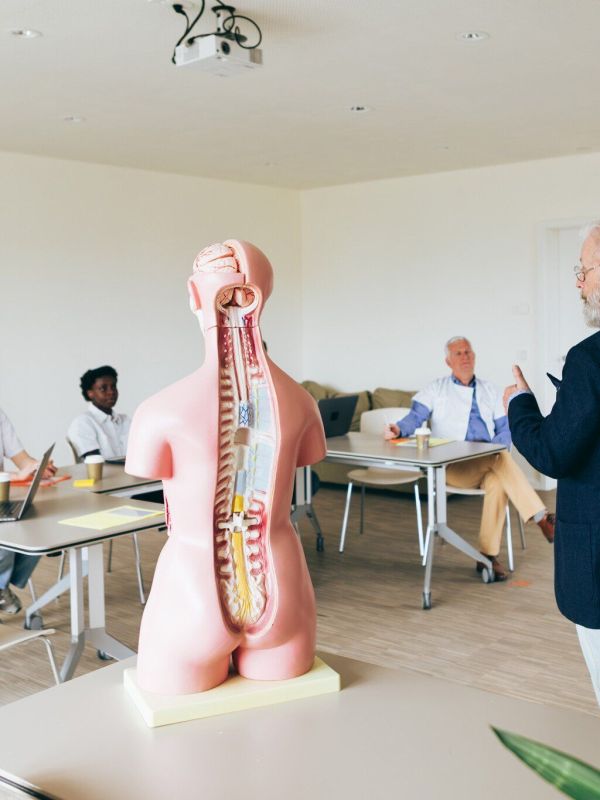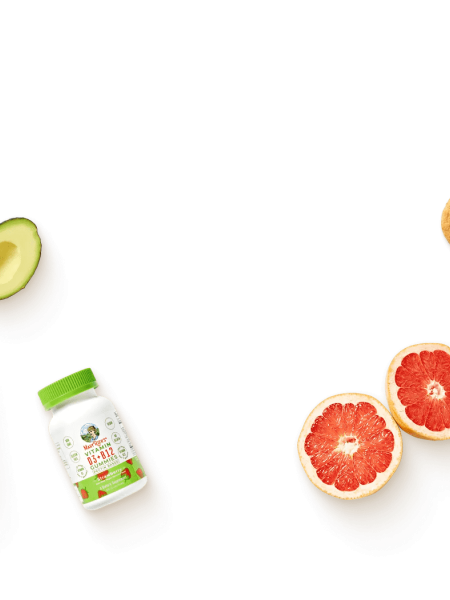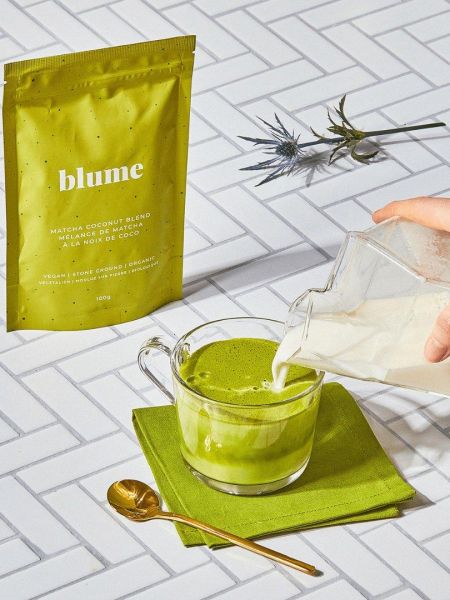Baseline guidelines of diet & nutrition
Foundational Health Series
Incorporating even one of BodyStack's baseline diet and nutrition habits into your daily routine will help nourish your body.
Baseline
- Eliminate processed foods
- Eliminate foods with added sugar
- Eliminate fruits and vegetables with pesticides (spend a little extra on 'organic')
- Avoid gluten
- Avoid pasteurized dairy (raw dairy is preferred)
- Avoid alcohol
- Maintain glycemic control (mitigate blood sugar spikes)
- Avoid snacking
- Avoid fried foods
- Try fasting (water or dry) at least once a year to experience the autophagy benefits
- Consider an MRT food sensitivity test to see which foods provoke an inflammatory response
- Avoid "industrial processed oils," which includes but is not limited to most Canola oils
- When cooking with high heat, use coconut oil, ghee/raw butter, or tallow
- Limit your caffeine intake to one cup of coffee max per day
- Minimize drinking liquids while eating
A good diet starts with eating real, unprocessed foods in full meal quantities while eliminating or significantly reducing added sugar, fried foods, problematic oils, and snacks.
Fluctuating blood sugar can cause harmful stress on the body and lead to various unhealthy conditions, so controlling it with our baseline approach is key. Ensuring that your meals have the correct ratio of fat, protein, and complex carbs is also vital.
Glycemic Control
- Food stacking or sequencing is an effective practice: eat vegetables, fat, protein before higher glycemic carbs to slow glycemic response.
- Avoid the fruits and vegetables that tend to spike glucose levels (e.g grains / corn / bananas - see glycemic index food guide).
- Avoid having bread, alcohol, or any refined carbs before protein, vegetables, and fat.
- Start the day with protein and fat and minimize refined carbs and especially sugar.
Protein & Fats
When you eat, eat a full meal that includes protein and fat (fat that has higher "unsaturated fat" concentration). If you find a late-night snack helps you sleep better, ensure it has protein.
- Protein Rule of Thumb: Eat 1 gram of protein for every pound that you weigh. So if you're 180 lbs, you should be targeting 180 grams of protein (especially on days where you are active)
Including foods in your 'snacks' that include fats that have higher concentration of 'unsaturated fat' can be beneficial as well.
Examples of foods that are higher in unsaturated fats:
- Avocados
- Olives / Olive oil
- Fatty Fish
Avoid carb-only meals or carb-only snacks in general. If you have to eat refined carbs, like birthday cake, pair the carbs with protein to blunt glucose spikes. Use olive oil or avocado oil on salads or vegetables (or the cooking oils listed above).
Caffeine
We recommend holding off on coffee for the first two hours of being awake. Your body's natural elevated levels of cortisol upon waking make you more alert by clearing the 'adenosine' from your body. Adenosine is natural chemical in the body that plays an important role is making you sleepy. The caffeine makes you more alert by blocking adenosine receptors in the body, but they are more likely to linger if your cortisol was disrupted by caffeine intake first thing in the AM. The lower cortisol in the AM will be less effective in clearing adenosine from the body in the AM. So if you are drinking coffee first thing in the AM, once the caffeine wears off by early afternoon, you're much more likely to have a significant afternoon energy 'crash' or 'slump'.
Avoid caffeine after 2 p.m. as it could negatively impact your nighttime sleep (caffeine has a 4-5 hour half life for most people). Hopefully you won't feel like you need afternoon coffee since you waited till later in the AM to have your first cup.
Liquids During Meals
Avoid excessive liquids during meals as they can lead to bloating, indigestion, and even nutrient malabsorption.
Listen to Your Body
After finishing a meal, be mindful of how you feel. If that particular meal makes you feel bloated and tired, avoid it in the future. Focus on foods and ingredients that make you feel energized and satiated and, lastly, trying fasting, which will enhance your willpower and retrain your mind to understand that you can function, concentrate, and work out without hindrance while hungry (disclaimer: if dry fasting, it's advised to limit intense activities)
Foundational Health - Basic Guidelines Series:















